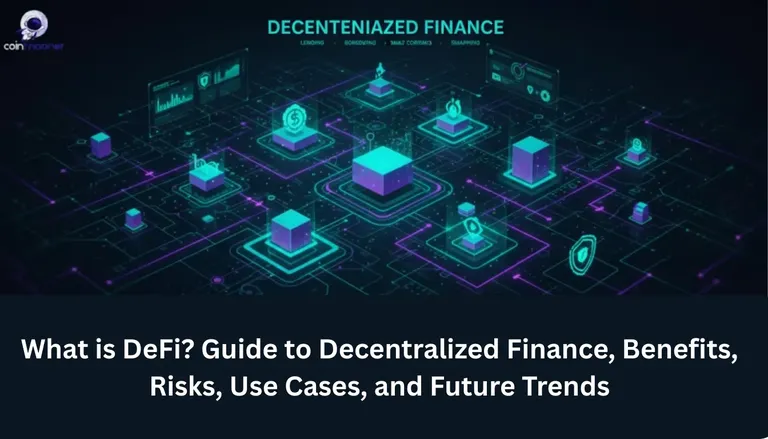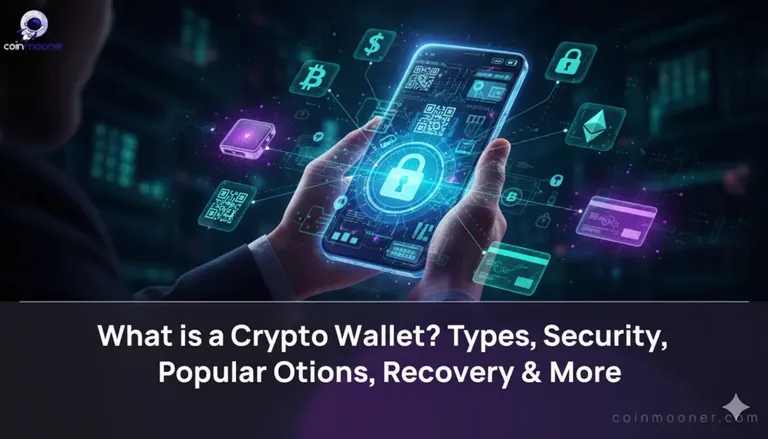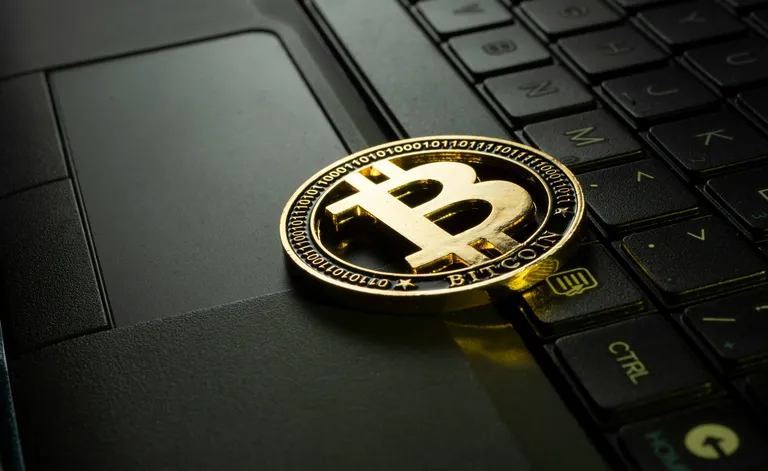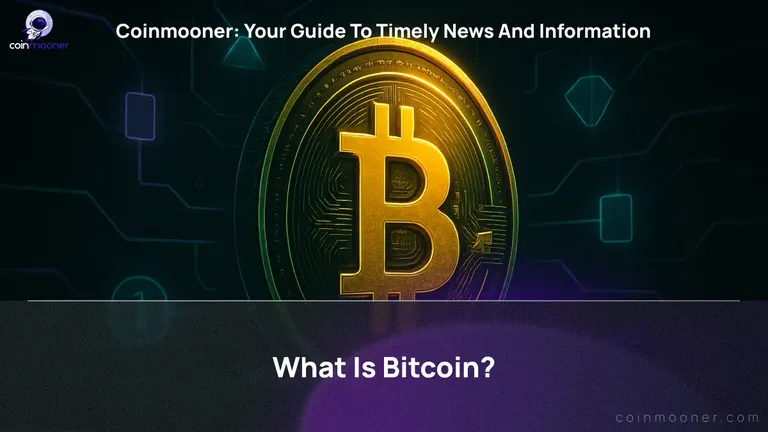7 Top Tips for Crypto Gaming on All Devices
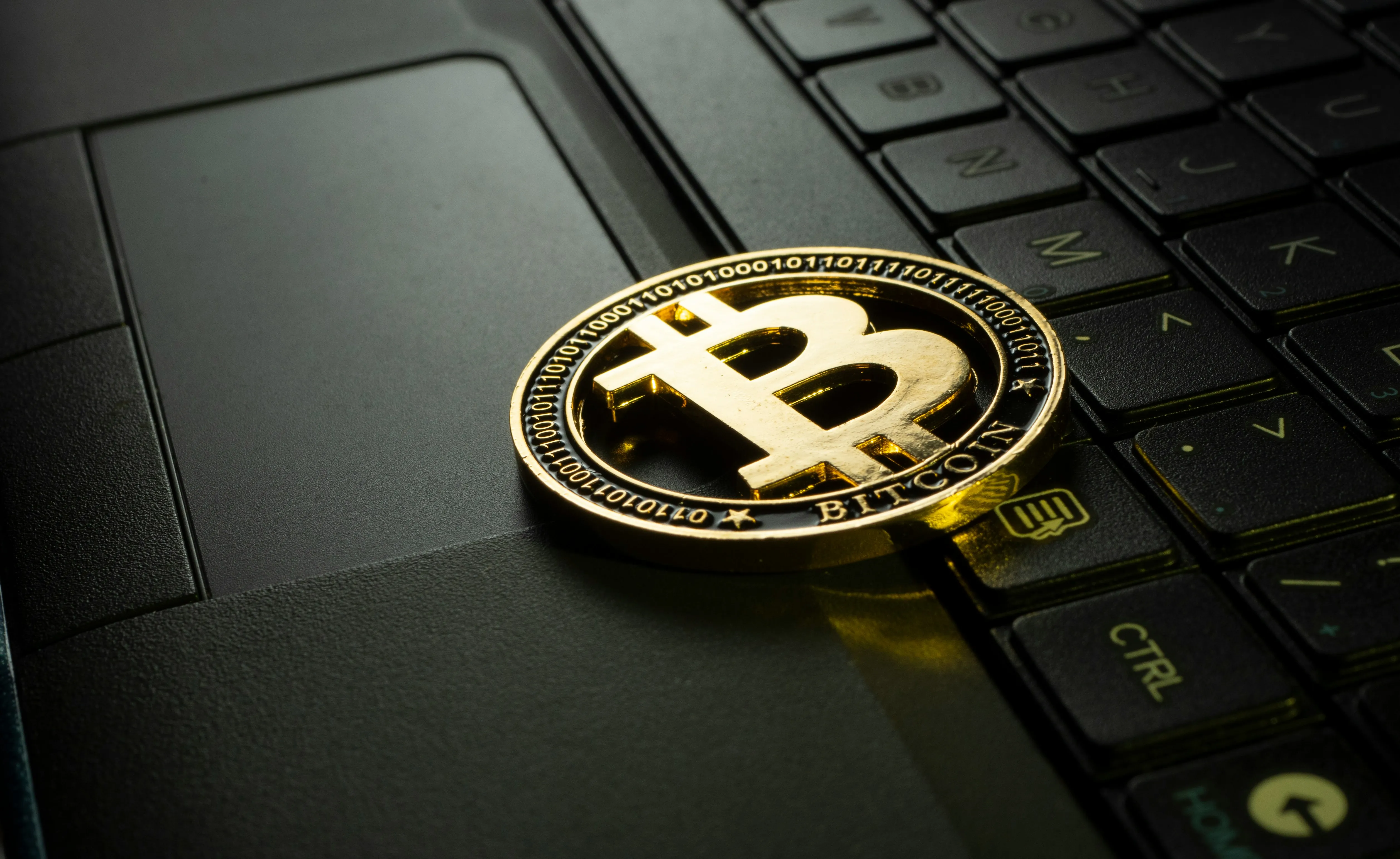
Crypto gaming has evolved from a niche experiment into a mainstream part of digital entertainment. Players now dive into blockchain titles on laptops, tablets, consoles, and phones, with fast transactions, asset ownership, and unique rewards. With opportunity comes responsibility, and knowing how crypto gaming works across devices and which habits keep it smooth and safe makes all the difference.
1. Choose Games Optimized for Cross-Device Play
Not every blockchain game works seamlessly across all devices. Some are designed for desktop browsers with complex interfaces, while others lean toward mobile play with touch-friendly layouts. Before committing time or money, confirm that the game has been optimized for your preferred device mix.
Cross-device synchronization ensures that progress and digital assets remain consistent whether you’re on a phone during a commute or on a PC at home. Many leading projects now build with this in mind, offering apps or browser-based platforms that scale automatically. Selecting the right titles will save frustration and deliver a smoother experience. The same principle shows up in the best crypto casino platforms, many of which also embrace cross-play. Players can jump into thousands of provably fair games on mobile devices like smartphones and tablets, or switch to desktop, where they enjoy lightning-fast payouts in diverse crypto coins along with generous perks such as welcome rewards, cashback offers, and free spins, making the experience feel consistent, rewarding, and hassle-free no matter where you decide to play.
Essentially, choosing games built for cross-device play keeps your progress intact and your sessions smooth, letting you enjoy the experience seamlessly, whether you’re at home or on the go.
2. Prioritize Security From the Start
When stepping into crypto gaming, security should never be an afterthought. Unlike traditional games, where stolen accounts can be recovered with customer support, blockchain assets are often irreversible if lost. On any device, begin by securing wallets with strong passwords, two-factor authentication, and, if possible, hardware wallets for larger balances.
Desktop setups allow for additional layers such as VPNs and dedicated browsers, while mobile users should keep operating systems updated and avoid public Wi-Fi when making transactions. Remember, the device itself becomes the first line of defense. Treat it as carefully as the wallet holding your funds.
To make this easier to put into action, here are a few quick takeaways:
Use unique and complex passwords instead of reusing old ones.
Enable two-factor authentication on every account tied to your funds.
Keep wallets split with small balances for everyday play and larger sums stored in hardware wallets.
Regularly update both apps and operating systems to patch security gaps.
3. Watch Network Fees and Transaction Speed
One of the biggest shifts when gaming with crypto is dealing with network fees. On Ethereum or similar chains, high gas fees can turn a small in-game action into an expensive choice. Mobile users in particular often make quick trades or upgrades, only to be surprised by the costs.
Look for games that integrate faster, lower-fee blockchains such as Polygon, Solana, or Avalanche. Some even use their own sidechains to keep gameplay cheap and fast. Keeping an eye on transaction costs across devices ensures that rewards are not eroded by unnecessary fees.
Here are a few simple ways to avoid paying more than needed:
Check current gas prices before making a move to avoid peak hours.
Favor blockchains and games known for low fees and faster processing.
Bundle smaller actions into one transaction when the game allows it.
4. Balance Storage Between Hot and Cold Wallets
Gamers often accumulate valuable tokens, NFTs, or gaming skins that hold real market value. Storing everything in a hot wallet (always online) makes it easier to trade in the moment, but also exposes assets to hacks. Cold storage, whether on a hardware wallet or an offline solution, provides stronger protection but requires more effort to access.
The smart approach is balance. Keep smaller sums or frequently used tokens in hot wallets on your devices for everyday play. Store higher-value items in cold wallets, only moving them when needed. This approach works well whether gaming on a desktop with browser wallets or on mobile with dedicated apps.
5. Optimize Device Performance for Smooth Gameplay
Blockchain games can be resource-intensive, particularly those with advanced graphics or complex smart contracts running in the background. On PCs, updating drivers, freeing storage, and closing unnecessary apps can reduce lag. On mobile, ensuring adequate memory and battery management helps maintain smooth play.
Some gamers use cloud-based solutions or lightweight wallets to offload heavy processes from their devices. Others maintain separate devices exclusively for crypto gaming to avoid interference from everyday apps. A little preparation goes a long way in ensuring that gaming remains enjoyable rather than frustrating.
Consider these simple steps to keep performance steady:
Update software, drivers, and wallets regularly to stay compatible with the latest games.
Clear background apps before starting a session.
Use a dedicated device for gaming if everyday apps create too much slowdown.
Keep chargers and power-saving modes ready and on.
6. Stay Informed About Game Updates and Regulations
Crypto gaming is not only about entertainment. It also exists in a shifting landscape of rules and updates. Developers frequently patch security issues, add new features, or change reward structures. Staying updated prevents you from missing opportunities or falling into outdated strategies.
Regulations also vary by region. A title available on desktop might not show up on mobile in some jurisdictions. Tracking both the technical and legal landscape helps keep the experience stable across devices, and subscribing to official channels and forums is a reliable way to stay informed.
7. Leverage Communities for Better Play
Crypto gaming really comes alive when you’re a part of a community that plays it. Hanging out in Discord servers, Reddit threads, or Telegram groups is more than just chatting with like-minded people. It’s also where you hear about updates, new drops, and even warnings about shady projects before they spread elsewhere.
It’s also where you can swap tips, trade items, or find people to team up with. Playing feels a lot better when you’re not figuring it all out alone. Whether you’re checking in on your phone or setting up a longer session on your PC, being plugged into a community makes the whole experience more fun and keeps you in the loop.
Take note of these simple ways to get more out of gaming communities:
Join groups that focus on the specific games you play for the most relevant info.
Stay active by sharing tips or asking questions instead of only reading along.
Build connections with players you trust for trading or co-op sessions.
Summing Up
Crypto gaming is changing how play feels by linking your time in the game to real value. You can trade items, build collections that are truly yours, and switch between devices without losing progress. To get the most out of it, focus on security, choose games that fit your setup, stay active in gaming communities, and keep up with updates. When you cover those, the whole experience feels smoother, safer, and more enjoyable.
FAQs
1. Is crypto gaming safe on mobile devices?
Yes, provided that security practices are followed. Using reputable wallet apps, keeping the operating system updated, and avoiding unsecured Wi-Fi networks are essential steps to protect funds on mobile.
2. Do I need a hardware wallet for crypto gaming?
Not for everyday transactions, but hardware wallets are strongly recommended for storing high-value assets. They add a layer of protection against hacks and should complement, not replace, hot wallets used for frequent gameplay.
3. Are blockchain games free to play?
Some are, but many require small fees for transactions or asset purchases. The cost depends on the network used and the design of the game. Checking the fee structure beforehand helps avoid unwanted surprises.




